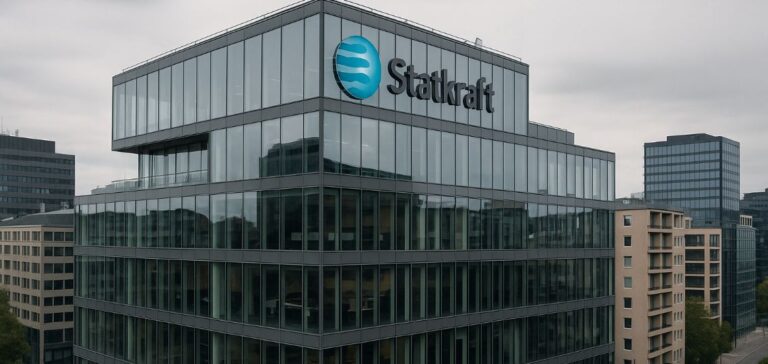Nel ASA confirmed the cancellation of a 40 MW contract signed by its subsidiary Nel Hydrogen Electrolyser AS with Statkraft, the Norwegian state-owned electricity company. The order, initially announced in November 2022 and confirmed in January 2023, concerned the delivery of alkaline electrolysers for a green hydrogen production project in Mo i Rana, northern Norway.
Financial impact and contractual background
The cancellation represents a NOK120mn ($11mn) reduction in Nel ASA’s order backlog. The agreement had been listed among the contracts identified as carrying a risk of delay or termination in the company’s Q1 2025 financial report. No payment had yet been made under the contract, limiting immediate cash flow implications for the group.
Statkraft justified its decision by pointing to the lack of a commercially viable business model under current market conditions. “Statkraft has, over several years, put considerable effort into developing and financing a hydrogen project in Mo. Despite these efforts, we have not been able to establish a viable commercial model,” said Bjørn Holsen, Senior Vice President for Hydrogen at Statkraft.
Market conditions and uncertainty
The project initially relied on national and European subsidies, but the absence of firm purchase commitments or tariff support appears to have hindered the finalisation of the business model. According to Nel’s financial disclosures, large-scale projects in the development phase remain particularly vulnerable to regulatory changes and delays in securing public funding.
Nel’s management has not provided a timeline for replacing the cancelled order. No comment was made regarding potential negotiations with other clients to compensate for the lost opportunity.
Implications for the hydrogen sector
The cancellation highlights the challenges faced by hydrogen project developers in Europe, despite political announcements in support of the technology. The Mo i Rana project was part of the industrial initiatives included in Norway’s hydrogen development strategy for 2030.
Against a backdrop of falling electricity prices and rising construction costs, business models remain fragile for many similar projects. Nel ASA continues to work on other projects in Europe and North America, without indicating whether they might face similar outcomes.






















